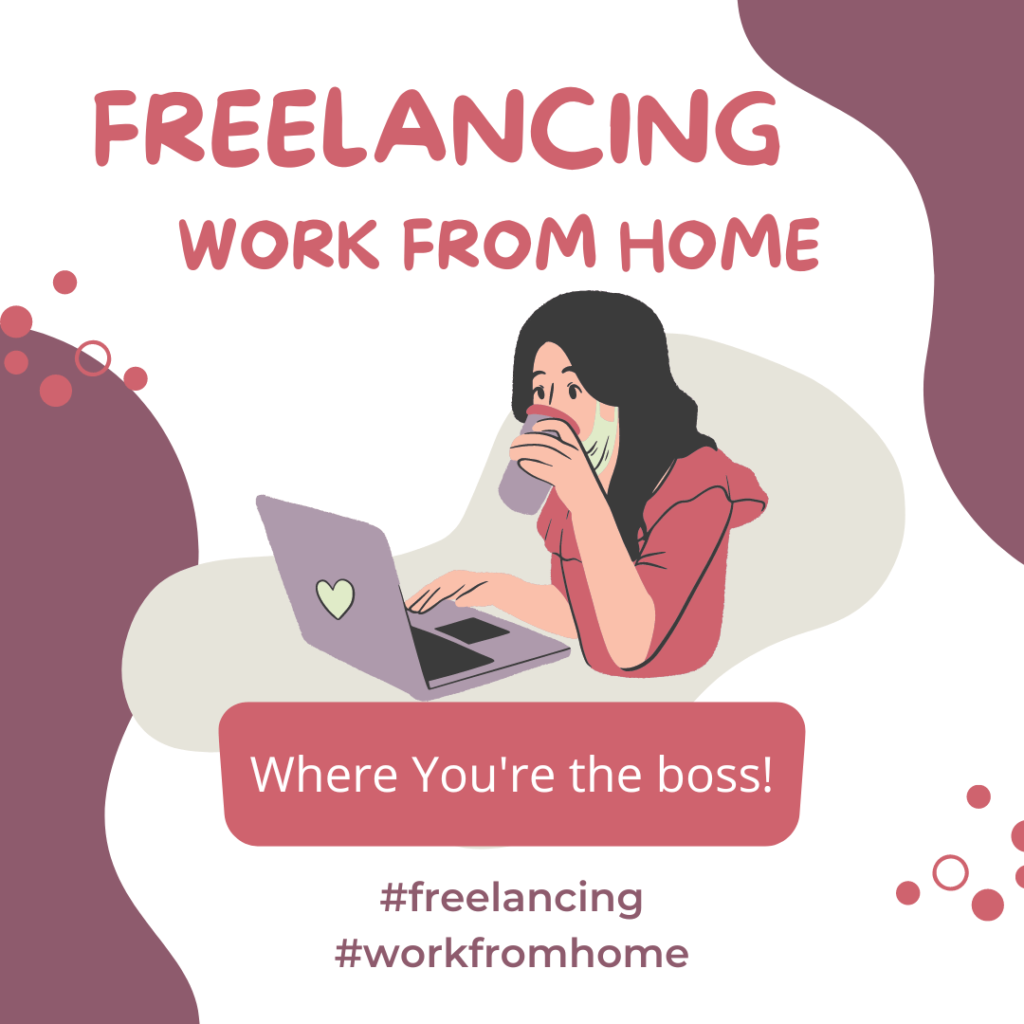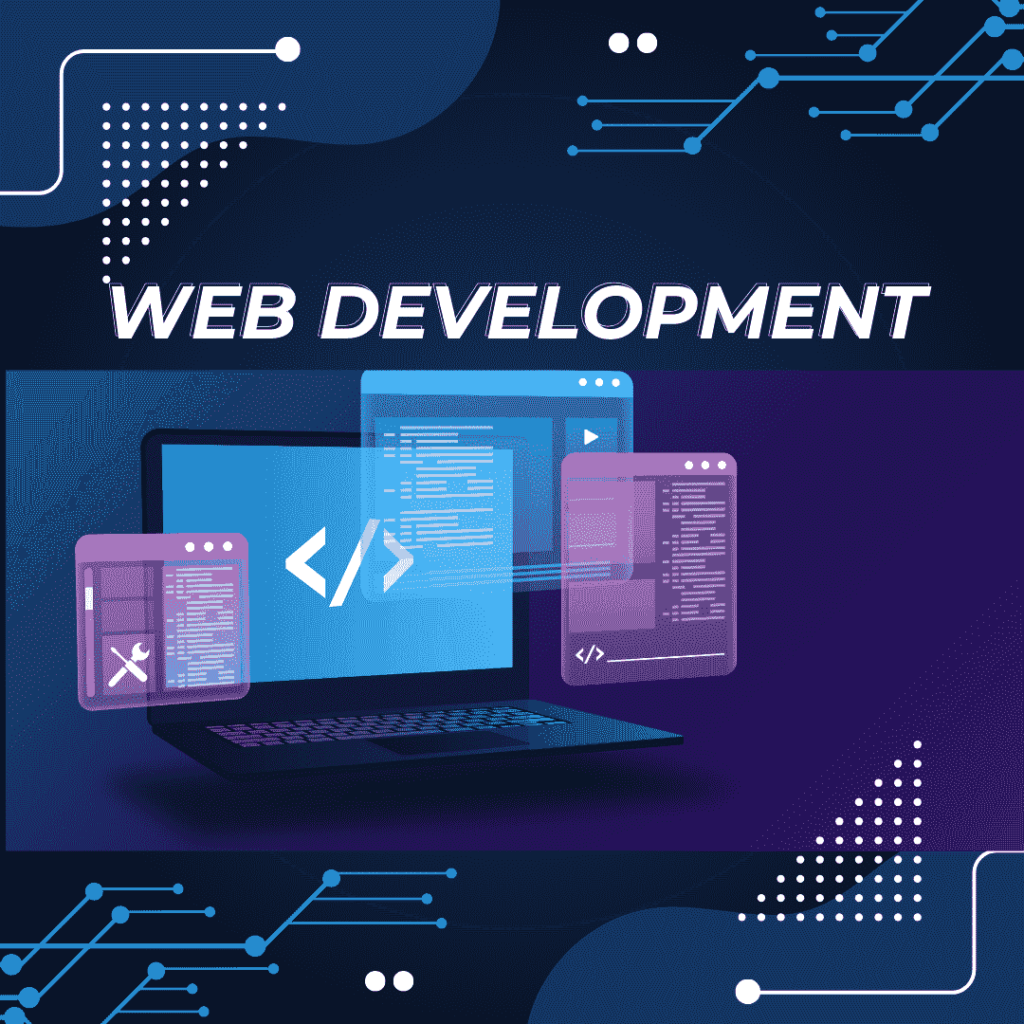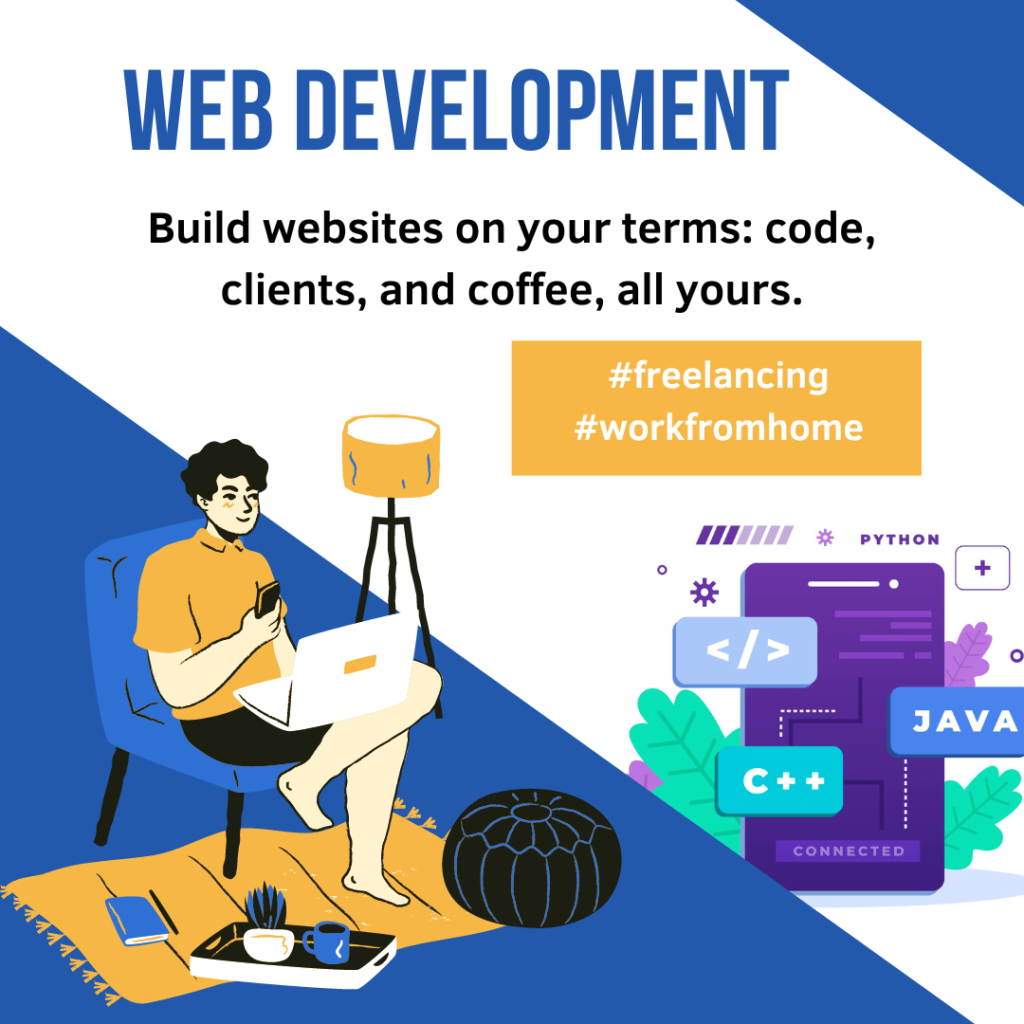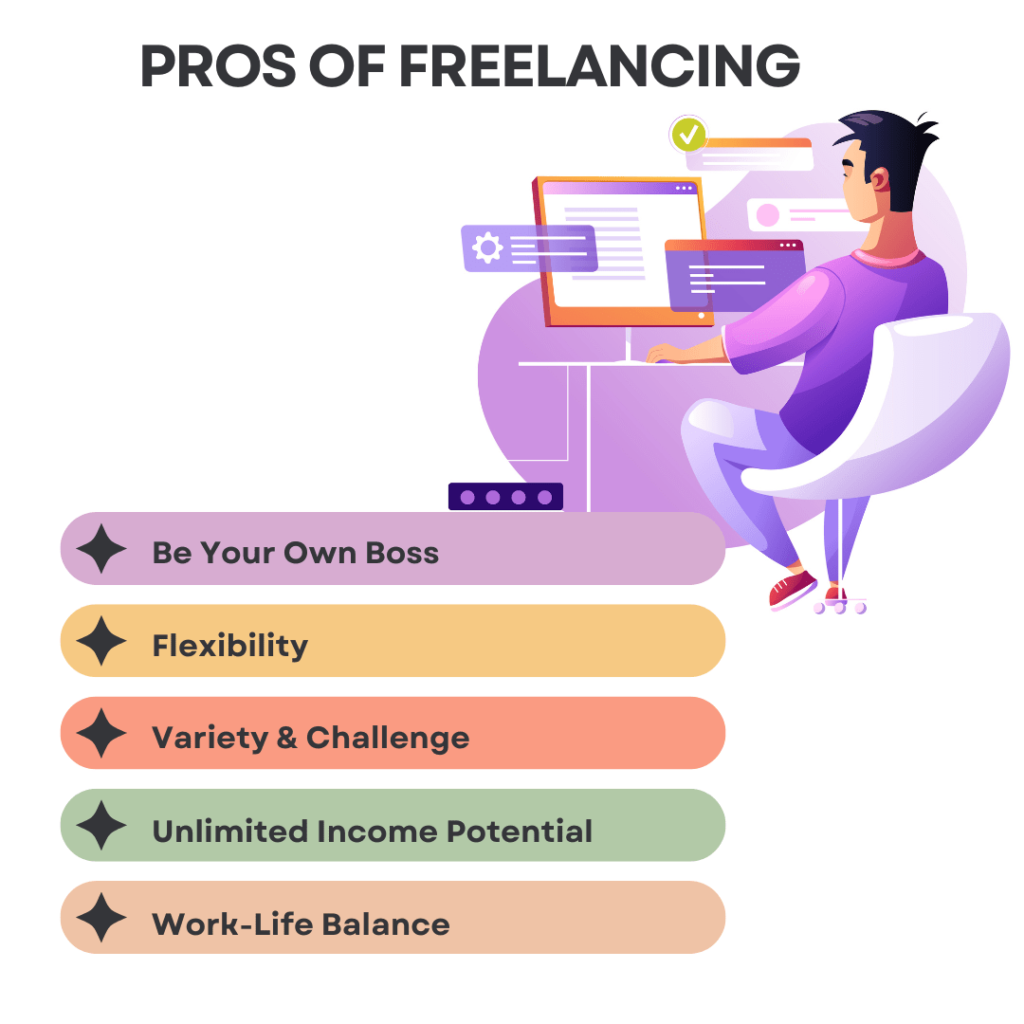Sick of that daily office routine and want to be your own boss? Freelancing can make that dream a reality! And guess what? You don’t need a ton of money to get started. There are many awesome work-from-home freelance jobs that you can do without spending anything upfront!
In this post, we’ll explore some fantastic freelance options that won’t break the bank. Plus, we’ll give you tips on finding these jobs and building a successful freelance career.
What is freelancing?
Freelancing is essentially a form of self-employment where you work for yourself, rather than a company. Instead of a regular paycheck, you get paid per project, per hour, or per task depending on your agreement with the client.

Here’s a breakdown of freelancing:
- Self-employed: You’re the boss! You control your workload, schedule, and what projects you take on.
- Project-based: Freelancers typically work on short-term contracts or projects, although repeat business from satisfied clients is common.
- Client Focused: You’ll find and work directly with clients, delivering services that meet their needs.
- Varied Income: Your income can fluctuate depending on the number of projects you have going on.
There are many benefits to freelancing, like flexible hours and work-from-home, but it also requires discipline and self-motivation to manage your time and find clients.
What type of jobs are available for freelancing?
The world of freelancing is vast and encompasses a wide range of skills and niches. Here’s a glimpse into some of the popular freelancing job categories:
Creative & Design:
- Graphic Design: Logo creation, social media graphics, web design elements, presentations
- Web Design & Development: Building websites, customizing existing ones, coding
- Content Writing: Creating website content, blog posts, articles, social media posts
- Copywriting: Persuasive writing for marketing materials, advertisements, website copy
- Editing & Proofreading: Ensuring written content is polished, grammatically correct, and error-free
- Photography & Videography: Product photography, event videography, editing photos and videos
Business & Marketing:
- Social Media Management: Managing social media accounts for businesses, creating content, engaging with followers
- Virtual Assistant: Providing administrative, technical, or creative assistance to clients remotely (email management, scheduling, data entry etc.)
- Marketing Consultant: Developing and implementing marketing strategies for businesses
- Search Engine Optimization (SEO) Specialist: Optimizing websites to rank higher in search engine results
Tech & Programming:
- Software Development: Building and maintaining software applications
- Web Development: Building and maintaining websites (often overlaps with design)
- Data Analysis: Collecting, analyzing, and interpreting data to provide insights
- Mobile App Development: Creating mobile applications for various platforms

Other Fields:
- Accounting & Finance: Bookkeeping, tax preparation, financial consulting
- Translation: Translating written or spoken content from one language to another
- Customer Service: Providing online customer support through chat, email, or phone
This is just a starting point, there are many more specialized niches within freelancing. The key is to identify your skills and interests and find a freelance field that’s a good fit for you.
Is it possible to do freelancing without Investment?
Absolutely! Freelancing is one of the few career paths where you can get started without any upfront investment. Here’s why:
- Skills-based: Freelancing is all about the skills you bring to the table. Whether it’s writing, graphic design, data entry, or something else entirely, you can leverage your existing skills to find work.
- Free platforms: There are numerous online platforms like Upwork, Fiverr, and Freelancer.com that connect freelancers with clients, all for free. You simply create a profile highlighting your skills and experience, and start browsing for projects.
- Minimal tools: While some freelance jobs might require specific software, many can be done with the basic tools you likely already have – a computer with internet access and productivity software. There are also free or affordable alternatives for many design, project management, and communication tools.
Of course, there might be situations where a small investment can enhance your profile. For instance, a graphic designer might benefit from a paid design software subscription, or a writer might invest in a good online grammar checker. But these are not essential requirements to get started.
Here are some additional points to consider:
- Building a portfolio: While not always mandatory, having a portfolio showcasing your past work can make you a more attractive candidate to clients. You can often create a simple portfolio website for free or use online portfolio platforms.
- Time investment: While there’s no financial investment upfront, freelancing does require time investment. Be prepared to put in the effort to find clients, write proposals, and deliver high-quality work.
Overall, freelancing is a fantastic option for those who want to work from home and be their own boss, without needing a big financial investment to get started. Focus on honing your skills, building your profile, and delivering excellent service, and you can build a successful freelance career with freelancer jobs work from home without investment.
Freelance Fields That Don’t Require Investment:
- Writing & Editing: If you have a way with words, freelance writing and editing can be a lucrative option. From crafting website content to polishing academic papers, there’s a niche for everyone.
- Virtual Assistant: Do you excel at organization and communication? Virtual assistants provide administrative, technical, or creative assistance to clients remotely.
- Social Media Management: Businesses are increasingly turning to freelancers to manage their social media presence. If you’re social media savvy, this could be a great fit.
- Data Entry & Transcription: These jobs involve typing information from audio recordings or documents. While not for everyone, they can be a good starting point for building your freelance profile.
- Graphic Design: If you’re creative and have an eye for design, you can offer logo creation, social media graphics, or other design services to clients. There are free design tools available to get you started.
Finding Freelance Work:
- Freelance platforms: Websites like Upwork and Fiverr connect freelancers with clients. Browse listings, create a profile highlighting your skills, and start applying!
- Social media: Connect with potential clients and agencies on LinkedIn or social media platforms relevant to your field.
- Networking: Let your friends, family, and former colleagues know you’re freelancing. You never know who might have a lead for you.

Building Your Freelance Success:
- Start small and build your portfolio: Don’t be afraid to take on smaller projects to gain experience and positive client reviews.
- Set competitive rates: Research the going rate for your services in your region.
- Be reliable and professional: Deliver high-quality work on time and maintain excellent communication with clients.
- Continue learning: Keep your skills sharp by taking online courses and staying updated on industry trends.
Freelancing offers a unique opportunity to work from home, set your own hours, and be your own boss. With the right skills, dedication, and these free-to-start options, you can build a successful freelance career without any upfront investment. So why not give it a try?
Pros and Cons of Freelancing:
Freelancing offers a unique work style with a ton of freedom, but it also comes with its own set of challenges. Here’s a breakdown of the pros and cons to help you decide if freelancing is the right fit for you:
Pros:
- Be Your Own Boss: You make the calls! From setting your schedule and choosing your projects to determining your rates, you have complete control over your work life.
- Flexibility: Freelancing allows you to work from anywhere with an internet connection, and create a work schedule that fits your lifestyle. Need to take a midday break for an errand or appointment? No problem! Want to work a few hours early in the morning and then enjoy a long afternoon? You can do that too!
- Variety & Challenge: Freelancing often exposes you to a wide range of clients and projects, which can keep things interesting and help you develop new skills.
- Unlimited Income Potential: Your income is not capped by a salary. The more projects you take on and the higher your rates, the more you can earn.
- Work-Life Balance: Freelancing allows you to create a work schedule that integrates seamlessly with your personal life.

Cons:
- Income Instability: Freelance income can fluctuate depending on the number of projects you have lined up. There’s no guaranteed paycheck, so you’ll need to be good at managing your finances.
- Self-Discipline Required: Without a boss setting your deadlines, it’s all on you to stay motivated, manage your time effectively, and meet project deadlines.
- Benefits Burden: As a freelancer, you’re responsible for your own health insurance, retirement savings, and other benefits typically offered by employers.
- Client Management: You’ll need to find clients, write proposals, negotiate rates, and manage client relationships. This can be time-consuming and require strong communication and sales skills.
- Isolation: Freelancing can sometimes feel isolating, especially if you’re used to working in a collaborative office environment.
Overall, freelancing can be a very rewarding career path for those who are self-motivated, organized, and enjoy the freedom and flexibility it offers. However, it’s important to weigh the pros and cons carefully to ensure it aligns with your work style and financial needs.
Conclusion:
Freelancing can be a fantastic way to achieve that, and the good news is you don’t need a big investment to get started. This guide explored the world of freelancing, from the different types of freelance jobs you can do to the pros and cons of this career path. Remember, freelancing requires dedication and self-motivation, but with the right skills and approach, you can build a successful freelance career and enjoy the freedom and flexibility of freelancer jobs work from home without investment.
FAQs
What are some in-demand freelance skills?
The demand for freelance skills can vary depending on the market, but some in-demand areas include:
- Writing & Editing (content writing, copywriting, proofreading)
- Web Design & Development
- Graphic Design (logo creation, social media graphics)
- Social Media Management
- Data Analysis
- Virtual Assisting
- Programming & Development (mobile app development, web development)
- Translation
How much can I earn freelancing?
Freelance income can vary greatly depending on your experience, skills, niche, and hourly/project rates. It’s also important to factor in the number of clients you have and the consistency of your workload. Some resources like Upwork and Fiverr can give you a general idea of rates for different freelance services.
How do I find freelance work?
There are several ways to find freelance work:
- Freelance platforms: Upwork, Fiverr, Freelancer.com are popular platforms that connect freelancers with clients.
- Social media: Build a professional online presence and connect with potential clients on LinkedIn or social media platforms relevant to your field.
- Networking: Let your contacts know you’re freelancing. You never know who might have a lead!
- Job boards: Many job boards have sections dedicated to freelance opportunities.
Do I need a business license to freelance?
The need for a business license can vary depending on your location and the nature of your freelance work. It’s always best to check with your local government for specific regulations.
What about taxes?
As a freelancer, you’re responsible for paying your own taxes. It’s wise to consult with a tax professional to understand your tax obligations and ensure you’re filing correctly.
Is freelancing right for me?
Freelancing can be a great fit for those who are:
- Self-motivated and disciplined
- Excellent at time management
- Comfortable working independently
- Able to manage their finances effectively
